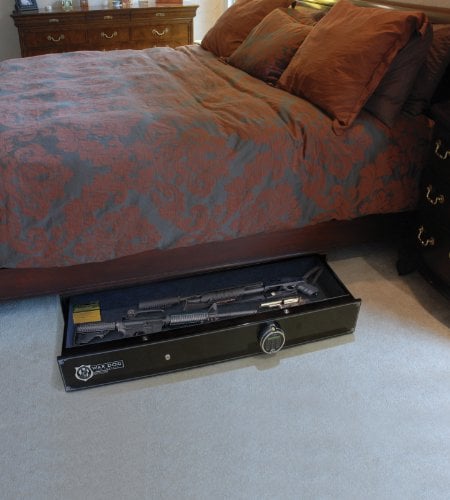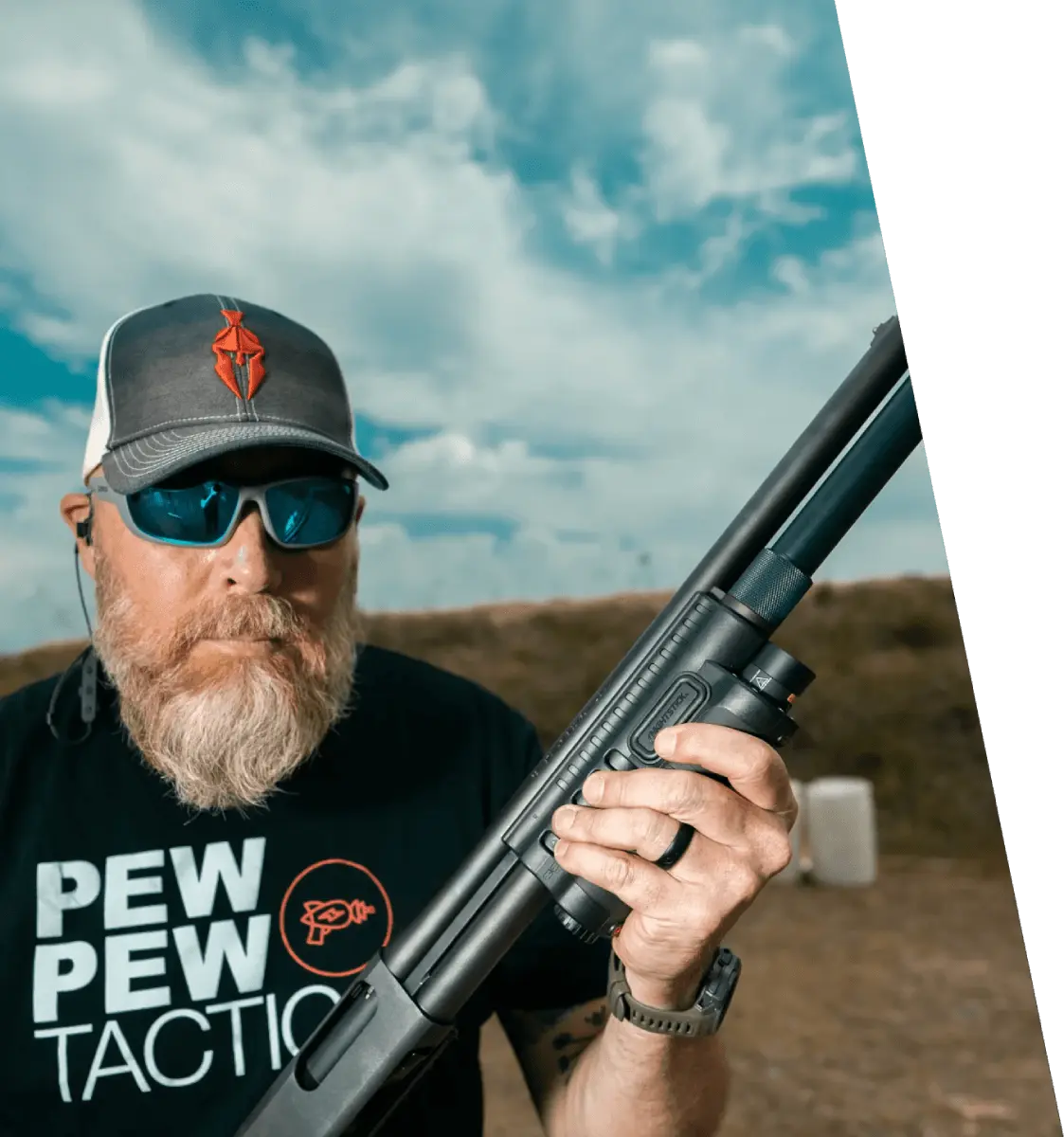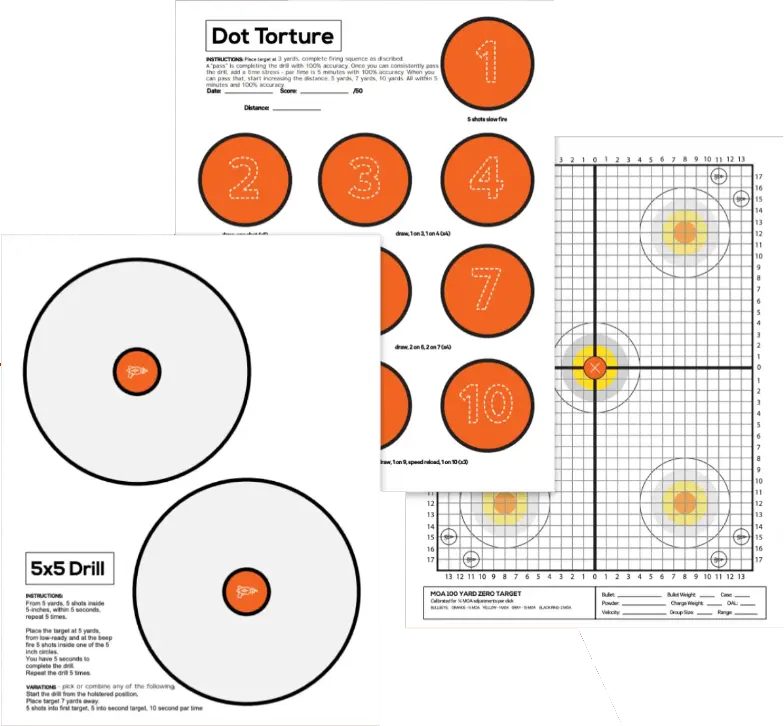
Buying a handgun
Just grab one off the shelf! Well, almost. Unlike the poor saps in California and New York, the process for purchasing a handgun in the Mountain State is relatively straightforward, and basically just follows the federal requirements, with no purchase permit required. In order to buy a handgun, you must:- Be 21 or older;
- Provide State ID; and
- Have a background check performed by a licensed firearms dealer.
- Have been convicted of a crime punishable by imprisonment for over a year;
- Are a fugitive from justice;
- Illegally abuse controlled substances;
- Have been adjudicated as mentally defective or incompetent, or have been committed to a mental institution;
- Are an illegal alien;
- Are a former US citizen who has renounced his citizenship;
- Were dishonorably discharged from the US Armed Forces;
- Are subject to a restraining order; or
- Were convicted of a misdemeanor crime of domestic violence.
Don’t forget about long guns!
Rifles need love too! Fortunately, the requirements to buy a long gun are almost the same as those for handguns, with no purchase permit required either. In fact, it’s actually slightly easier to buy a long gun than a handgun. In order to buy a long gun you must:- Be 18 or older;
- Provide ID; and
- Have a background check performed by a licensed firearms dealer.
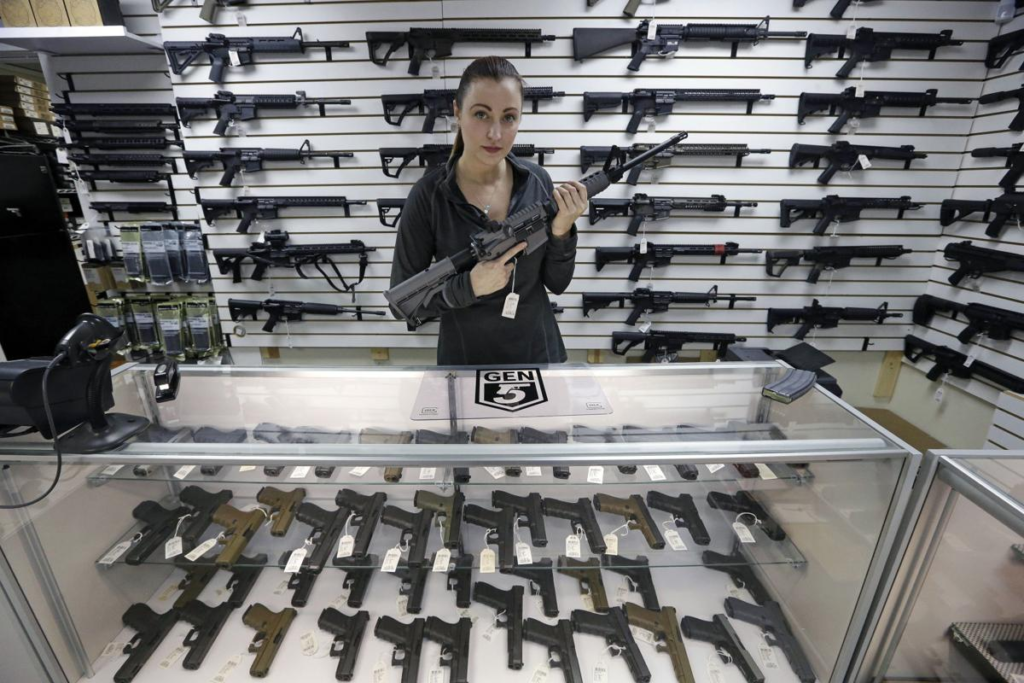
Carry on
Once you go through the very simple purchase process, you’ll want to show off your shiny new toys in style. Thankfully, West Virginia is a permitless carry state. This means that anyone who is not prohibited from owning a firearm may carry a firearm openly or concealed. That’s right! As long as you are legally allowed to own a gun, you can carry it however you want! It might be a little tricky trying to conceal a shotty, but you’re certainly welcome to try! There is one thing to note, however. While you don’t need a permit to carry concealed, the state does issue CCW permits, for those of you would want to carry concealed even when travelling outside of the state, or in the car (more below!). There are a good number of states that recognize a West Virginia CCW permit and allow you to carry concealed while visiting. If you’re interested in applying, head on over to our West Virginia CCW Laws section to find out what you need to do to get that permit, and the additional laws that go along with it.Keep on truckin’ Even though you don’t need a permit to carry openly or concealed, there are separate rules when riding in the car with your guns.
In order to carry a concealed handgun while in the car, you’ll actually need to have a concealed carry permit, and can only carry the firearm for self-defense purposes. If you don’t have a concealed carry permit, you can still have handguns in the car, but they’ll need to remain in plain view. Putting your pistol on the dash would be legal, but you’ll want to make sure it doesn’t go flying when you have to brake suddenly. If you have any firearms that used for hunting, they must be unloaded and in a case while being transported. In fact, the West Virginia State Police actually recommends keeping firearms unloaded and in a case when you are transporting them in your vehicle, even if you aren’t going hunting. If you are ever pulled over by the police for any reason and they see an unconcealed firearm, they will probably draw their weapon, order you from the vehicle, or perform a pat-down search, none of which sound very fun. Unless you’re into that kind of thing.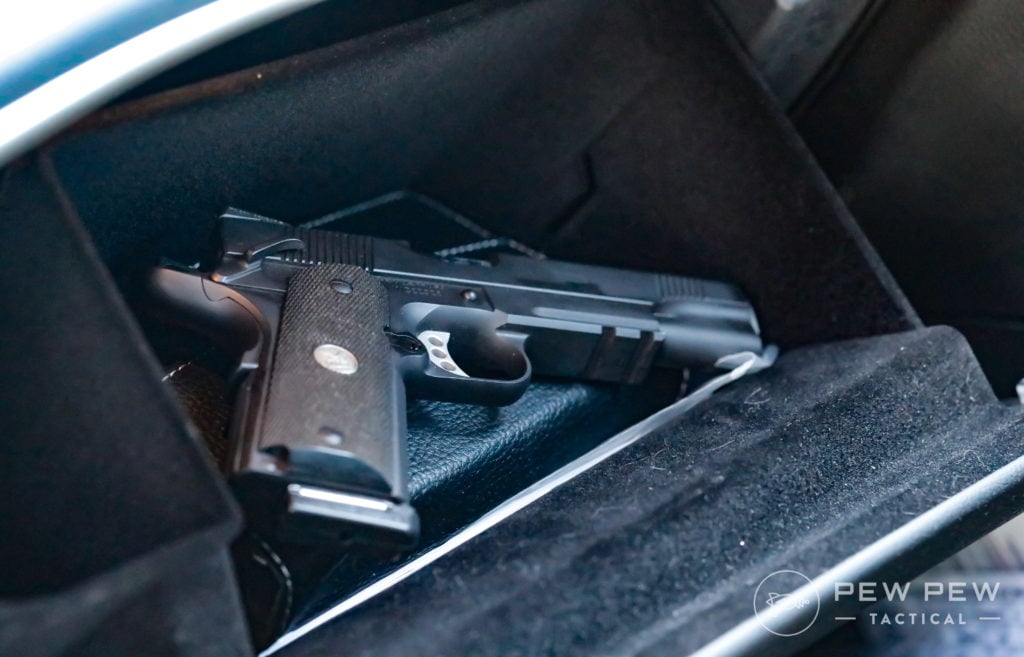
When to use your guns
All the time! But really, just at the range and when you’re out hunting. And sometimes at home. West Virginia, like the many other freedom-loving states in the US, has laws on the books that allow for the use of deadly force in self-defense situations.Defending the castle
Under the law commonly known as the “Castle Doctrine”, West Virginia allows you to use deadly force to defend yourself and others when you are in your home. Specifically, as long as you have a reasonable fear of imminent peril of death or great bodily harm to yourself or someone else, you are justified in using deadly force to stop the threat. You are considered to have a reasonable fear if you knew or reasonably believe an unlawful and forcible entry or act was occurring/had occurred, and:- The person you are using the deadly force against was in the process of unlawfully and forcefully entering, or had already unlawfully and forcibly entered your home or occupied vehicle; or
- If someone removed or is attempting to remove another person against their will, from the home or occupied vehicle.

Standing your ground
Besides being able to defend yourself and others while at home or in your vehicle, West Virginia also has a “stand your ground” law that allows you to use deadly force in self-defense if you are outside the home, and believe it is reasonably necessary to prevent death or great bodily harm to yourself or someone else. Like all “stand your ground” laws, you are not required to retreat to safety before using deadly force to defend yourself or others. Of course, there are some conditions on the law. You are allowed to defend yourself as long as you are somewhere you are legally allowed to be, and not breaking the law yourself. So, if you’re out at a restaurant, you can engage the bad guy who just came rushing in with a gun, but not if you are in an employees-only area. Of course… Even with these laws permitting self-defense, it is important to keep in mind that just because you are justified in using deadly force does not mean it is required. Taking a life is a serious decision, and you should always use your best judgment to decide what type of force is appropriate, or if it is necessary to stand your ground, when retreating may be the safer option for you and others around you.Fin!
And with that, we’re done! You now know everything there is to know about gun laws in the great state of West Virginia! If you are interested in getting that CCW permit so you can carry concealed in your car or on your next trip out of state, be sure to check out our West Virginia CCW section. If you don’t need to know about the carry permit laws just yet, that’s ok too! You can work on your gun collection instead! You might want a nice safe to keep all your new toys though. A sturdy safe can also keep your guns from prying eyes and curious kids.